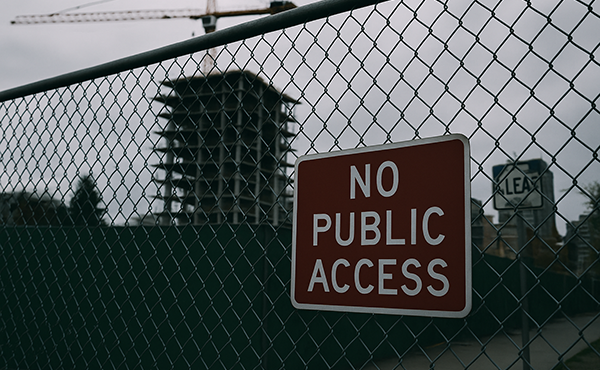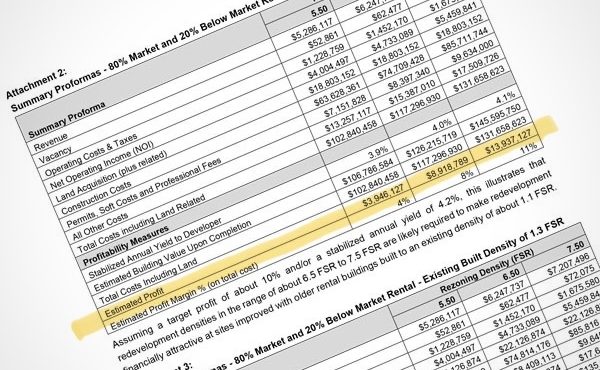
Locally, the public is constantly bombarded by politicians and municipal officials who state that they are doing everything within their means to tackle affordability. At best, this is a delusion created through ignorance. At worst, it is rhetoric addressed at fooling the populous and prolonging the need for action.
Such a statement can be substantiated by pointing out that the call to truly address affordable housing—as it relates to economic and social sustainability—has been answered by several other cities worldwide. One of the most aggressive and courageous examples has taken place in London, England.
Being one of the world’s most economically successful and socially vibrant cities, the municipality recognized that a lack of affordable housing was adversely affecting their economic growth. As a means of ensuring long-term economic prosperity and protecting Londoners from spiraling house prices, they mandated a requirement that up to 50 percent of any new housing project must consist of affordable housing. Not only for families on waiting lists but also for those key service workers (nurses, firefighters, police officers, etc.) whose skills are required for the proper functioning of the city but who were being priced out of the market.
These actions from such an economically powerful global city should be an eye-opener for all Vancouver’s municipal leaders and decision-makers. It is time to openly accept that affordability is an issue “outside City control” and left to market forces are simply untrue. Affordability is ‘designed’ ….as is unaffordability.
Moreover, it’s critical to acknowledge that economic development and affordability are intricately interconnected realities of our urban realm. Addressing one aspect, at the expense of the other is simply irresponsible urban management.
Ultimately, this paints a picture very different to those touting the demise of addressing stating that the affordable housing issue will become irrelevant. To the contrary, it shouts loudly and clearly that it is precisely at this time that housing affordability—and all the systemic advantages that this brings to a city—must be brought to the fore. Similarly, it implies that a failure to do so will exacerbate the effects of the economic cooling beginning to be felt across the nation country by sabotaging long-term economic and social sustainability for short-term gains.
It’s time to face—and address—the many costs of unaffordability.
***
Other pieces in this series:
- The Costs of Unaffordability – Introduction
- The Costs of Unaffordability – Part 2: Affordability and Diversity
- The Costs of Unaffordability – Part 3: Affordability and Environment
- The Costs of Unaffordability – Part 4: Affordability in Vancouver
- The Costs of Unaffordability – Part 5: Epilogue
**
Erick Villagomez is one of the founding editors at Spacing Vancouver.




